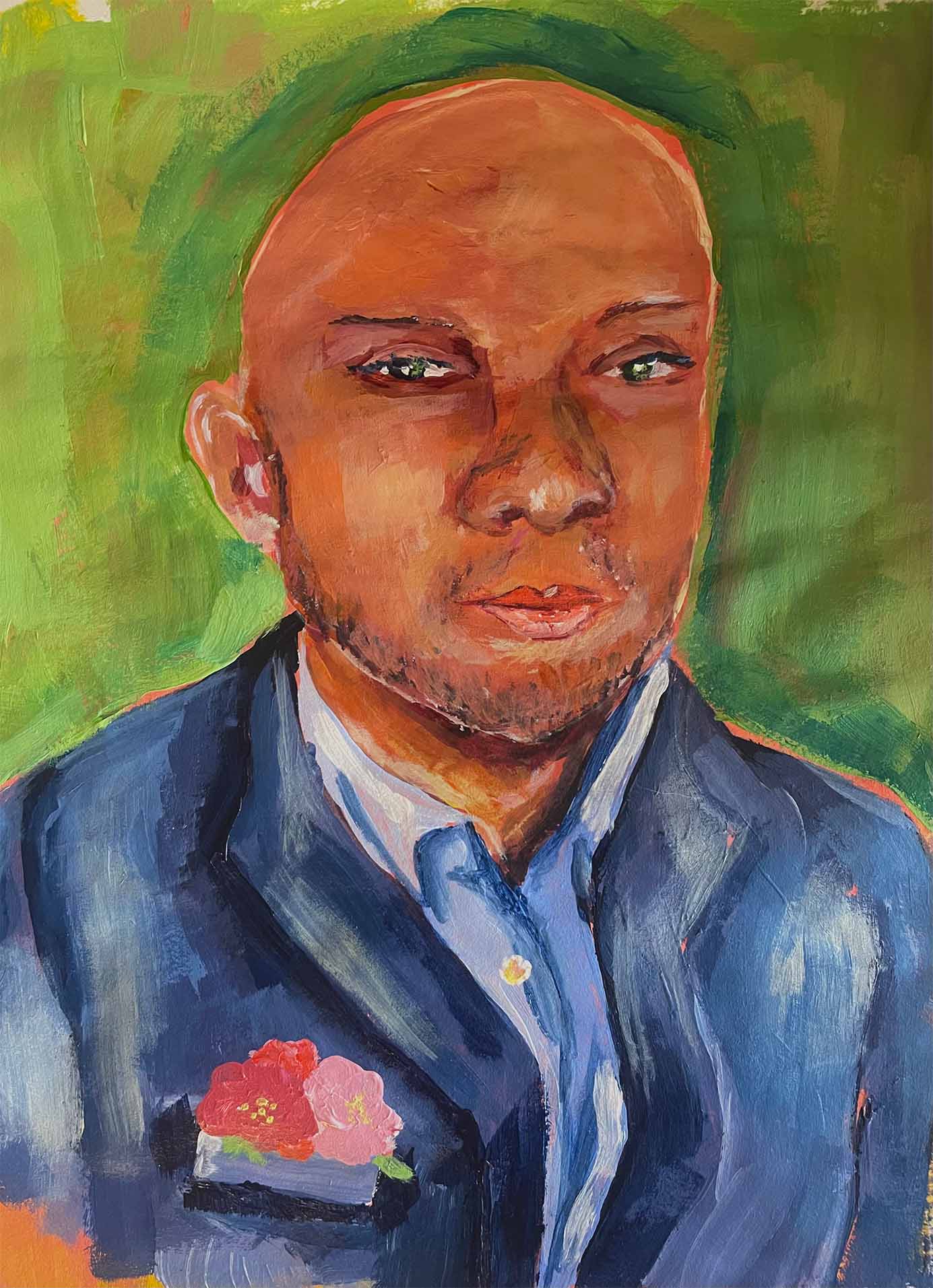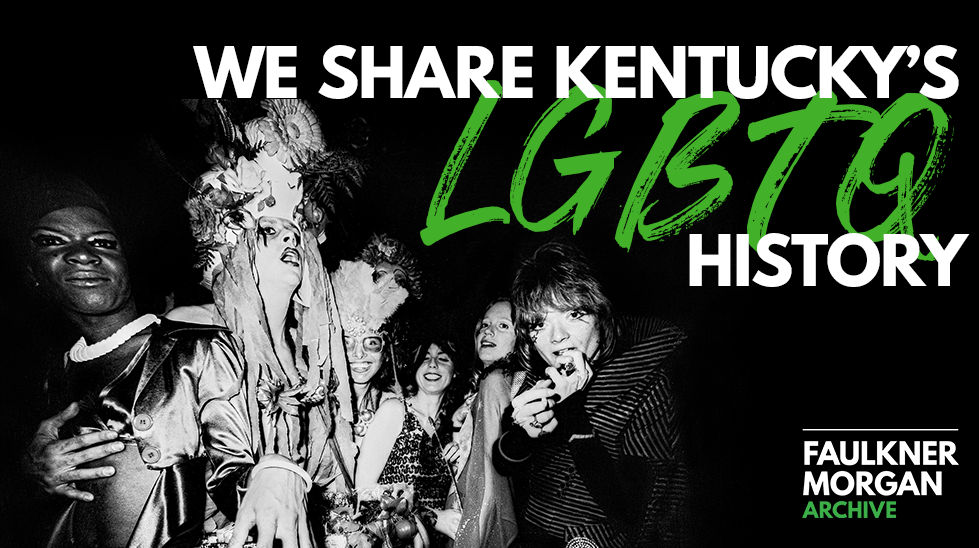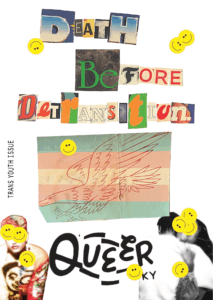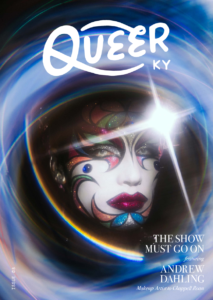Eric King On Visibility, Diversity, and Drive
Eric King, a Murrow and Emmy award-winning journalist, has 20 years of on air experience. He is from Bardstown, Kentucky, and he is a graduate of the University of Louisville. A journalist and broadcaster with a love for traveling and storytelling, King uses his perspective in news to challenge and educate.
On the topic of identity intersecting with his career, King shares, “I am a Black guy from Kentucky. That’s how the world sees me. The gay thing… some people see it, and some people don’t. Being Black, though, that’s the first minority checkmark that people see. My job has forced me over the years to live all across the country, and then I’ve tried to travel on my own. I’ve lived in the whitest, smallest towns in America, in some of the Blackest cities in America, and in some of the largest cities in America. In those spaces, I have always felt like I did not fit in. But when I started to embrace my own backstory and recognize the things that drive me, it got easier to navigate different spaces and move around the country and world.”
King has indeed made it across the country, with his career taking him from Montana, to Mississippi, to the city of Dallas, Texas. He continues, “In broadcasting and journalism, when you’re able to bring your full self to the table, you’re better in all capacities. I’m a better writer than I’ve ever been. I’m a better speaker, a better thinker. That’s what drives the stories that I do and the news that I anchor, because I think that when we are smarter – we are better. Part of our job is to create an educated electorate, and I think over the years, we [journalists and broadcasters in general] have failed at that, especially in recent years. So, what drives me from the minority perspective – Black, gay, what have you, is recognizing that we are always trying or having to prove our value. We are consistently forced to prove that we deserve to exist fully. And, the more people see us doing that, the more people understand and become less afraid around us or of us. Those efforts don’t always feel successful, especially lately, but I really believe that the more exposure you have to different people, different cultures, different thought processes… the better we all become.”
On the topic of representation and visibility of diverse media perspectives, King continues, “I don’t have a coming out story. I don’t have a cathartic moment. That wasn’t my journey. But, I know what it’s like to grow up in a small town and not understand what gay is, and to be afraid of it. I look back now, I was born in the ‘70s, so I grew up in the ‘80s and ‘90s in the height of the AIDS crisis. But, I look back now, and I did not consider myself gay. My understanding was- if you have sex with a man, you get AIDS. That was mychildish understanding at the time. And we have to understand that there are still people out there with these archaic thoughts, and those thought processes are informing fears, and those fears can lead to legislation.
Ignorance breeds discrimination. I believe, the smarter we get, the less of that regulation we will see.”
Further to King’s point that media can be used to shift perspectives, media is highly regulated and only certain voices are able to be heard. On being able to share stories that highlight diverse perspectives, King shares, “I think the struggle that I have had to accept is that me being able to do what I do now is the result of experience. I went to U of L, and when I finished school, I moved to Montana. I was the only Black person anywhere around. I did not have a say in what I did – my perspective did not matter. I was a worker bee. There was no conversation beyond that and it was that way for years. I’m able to write these stories now [referencing coverage on queer and Black perspectives] because of experience and support from my team, and I work in a newsroom that has pioneered diversity in newsrooms for years. So, I am allowed to do what I do because my management trusts I’ll do it well. That was not the case 4 or 5 years ago.”
He continues, “My approach now is, if I think it’s interesting, other people will too. If I have struggled with it, other people have too. But, the reality is that I am doing this because I am allowed to. There are several Black journalists and gay journalists, right now, in this city, that are not given that opportunity.”
On how he has gotten here, King humbly offers, “There is nothing unique about me. I think I’m the least unique person in any room. But, I think my talent is identifying the stories that other people have, and writing them in a way that makes them think, ‘wow, I never thought of myself like that.’ I love challenging people’s perspectives both on themselves and on situations in general. That is what drives me most now.”













Leave a Reply
Want to join the discussion?Feel free to contribute!